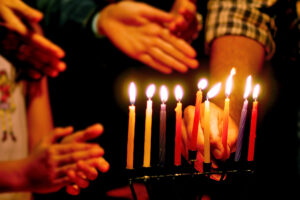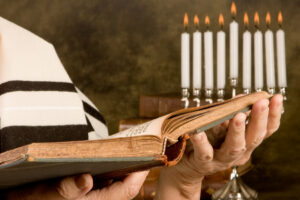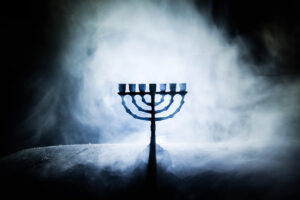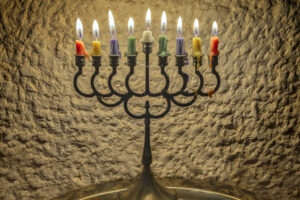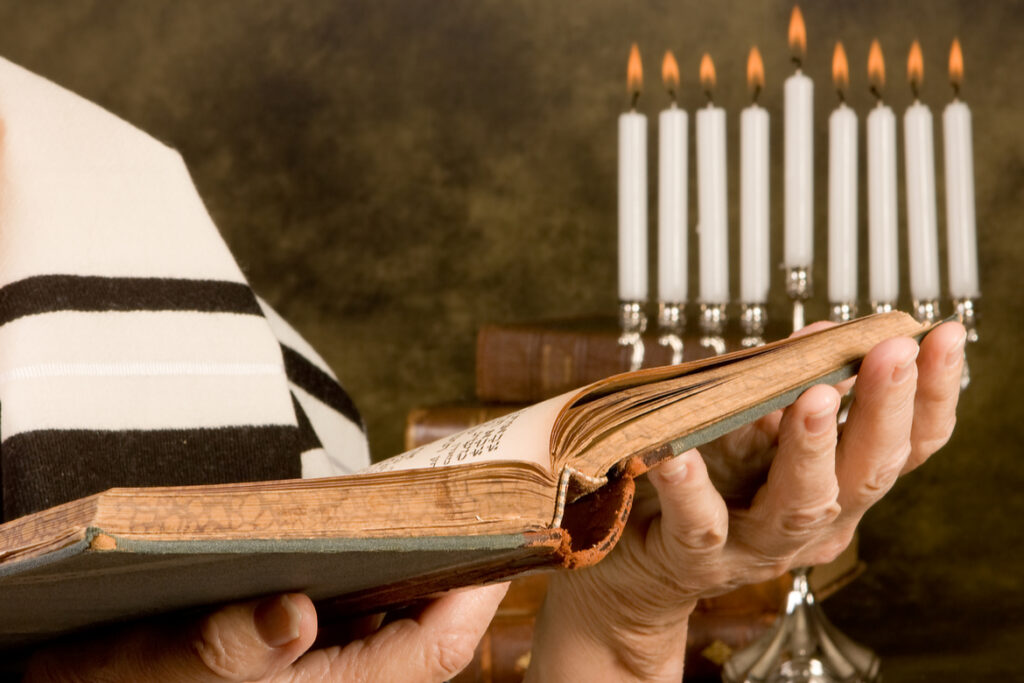How to retain our initial clarity
How can we tap into that initial clarity that our source of livelihood is only from G-d, and thus guarantee that our money will bring us happiness and life?
Most people at a certain point in their lives were at loss about how they were going to provide for their family. Then they got that right idea or met the right person and find a source of income. At this point of time its usually clear to them that it was G-d who set them up with this situation and it did not happen by chance. But as time goes along, we very often fall into the misconception that it is our own efforts or nature which brings us our needs. This is a deadly mistake which can cause us great harm. When one has this misconception, he is repeating the mistake of Adam and will thus be subject to the curse G-d gave him. His money will not bring him happiness rather it will cause him deep sadness and a never- ending lust for more.
So how can we tap into that initial clarity that our source of livelihood is only from G-d, and thus guarantee that our money will bring us happiness and life?
In Egypt, the Jews were trapped by the attitudes of the Egyptians. The Egyptians only believed in nature. They did not believe that G-d is constantly involved in the world and that nothing happens without his will. They believed that one’s livelihood comes naturally, through one’s own efforts. When G-d took the Jews out of Egypt, he also took them out of this misconception. The exodus of the Jews from Egypt came to its peak at the splitting of the Sea. When G-d split the sea, He showed his complete control over nature. The Egyptians drowning in the sea, also represented the death of the Egyptian philosophies, that were chasing after the Jews.
This is a deadly mistake which can cause us great harm. When one has this misconception, he is repeating the mistake of Adam and will thus be subject to the curse G-d gave him.
G-d then continued with the process of the purification from the Egyptian misconceptions. He fed the Jews from the Manna that fell from the sky for forty years. These experiences seared into the Jewish conscience that its only G-d that provides the needs of a person. It was then that it became super clear to all the Jews that there is One G-d above that is always in control and Nature is not a power on its own. This clarity was embedded into the mind and hearts of the Jewish people for all generations.
After forty years of experiencing the raw truth, it was time for the Jews to enter the Holy Land.
Its was now time for the Jews to start working the land, to put in their in own efforts to make a living. They now had the challenge of having to work, but at the same time they needed not to forget that their livelihood was not a result of their actions. They had to believe that they worked because that was G-ds will, but the actual profits came just from G-d, the same way it came when they were in the desert.
We are commanded to proclaim G-ds unity and control of the world twice a day when we say the Shma Prayer. The last paragraph we say, mentions the Exodus from Egypt. What is the connection of this last paragraph to the Shma?

When G-d split the sea, He showed his complete control over nature!
When one accepts the yoke of G-d and proclaim that only He runs the world and provides the needs of all, that is an exodus from the ideas of Egypt. In Egypt they believed that nature was a power of its own. They believed that one’s livelihood comes from one’s own efforts.
We say the Shma Prayer at the start of the day. This is before we step out into the work world. This is the time when we have ideas about how we are going to make money. When we say Shma we are announcing “it’s not my ideas that’s going to bring me my livelihood rather it’s all from The One Above.
We say the Shma again in evening, at the end of our day. This is the time where we have already carried out our ideas and hopefully earned some money. Again, we are not accrediting what we earned to our own efforts rather we are connecting it back to G-d.
If we go through the mitzvot that have the theme of Exodus or the Shma mentioned, we can see that they have to do with this idea that one’s livelihood comes from G-d alone. There are three main physical things a person needs food, clothing and shelter.
When one says the blessing after he eats bread, he mentions the Exodus in second chapter. This part of the blessing after the meal was enacted by Yehoshua. He enacted it when the Manna stopped falling and the entered Israel.
In the Torah when we were commanded about the mitzvah to put Tzizit on our clothes, it mentions the Exodus.
When one buys or rents a home, he has a mitzva to put on his door a Mezuza which contains the Shma Prayer.
On Shabbos when we make kiddush we also mention the Exodus. Shabbos itself is all about this idea of realizing that our livelihood comes from hashem. It is a day when we stop working and internalize that its not our efforts that bring us our needs rather it is all from G-d alone.
When we do this mitzvot, we can experience a daily redemption from Egypt. We can tap into that initial clarity we had at the splitting of the sea when G-d provided our needs in the desert.
The same is true on a personal level, the constant mention of the Exodus of Egypt can help him reconnect to his own personal redemption and regain the initial clarity he had.
I would love to hear your questions and comments about this article, or about how to create a healthy relationship with money in general. At: [email protected]
- 0 comment




